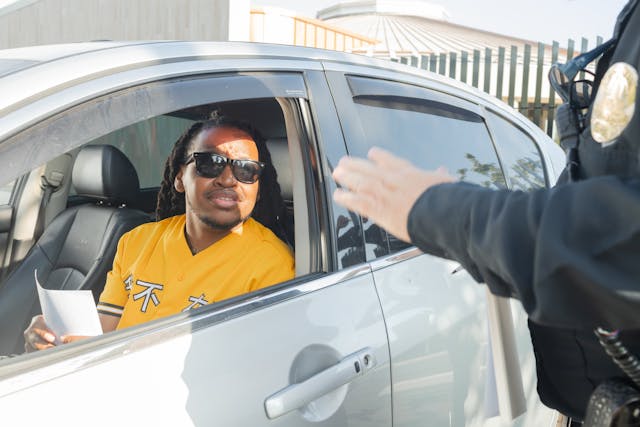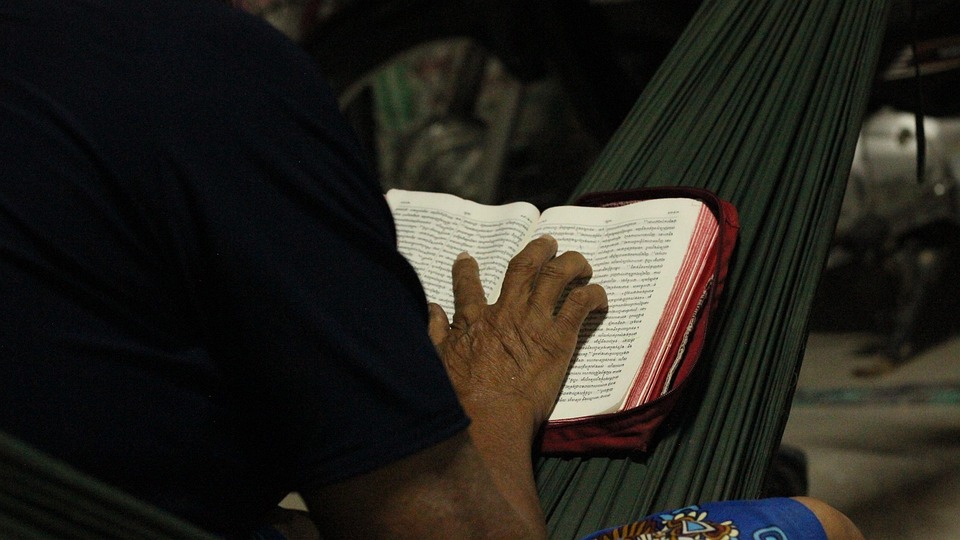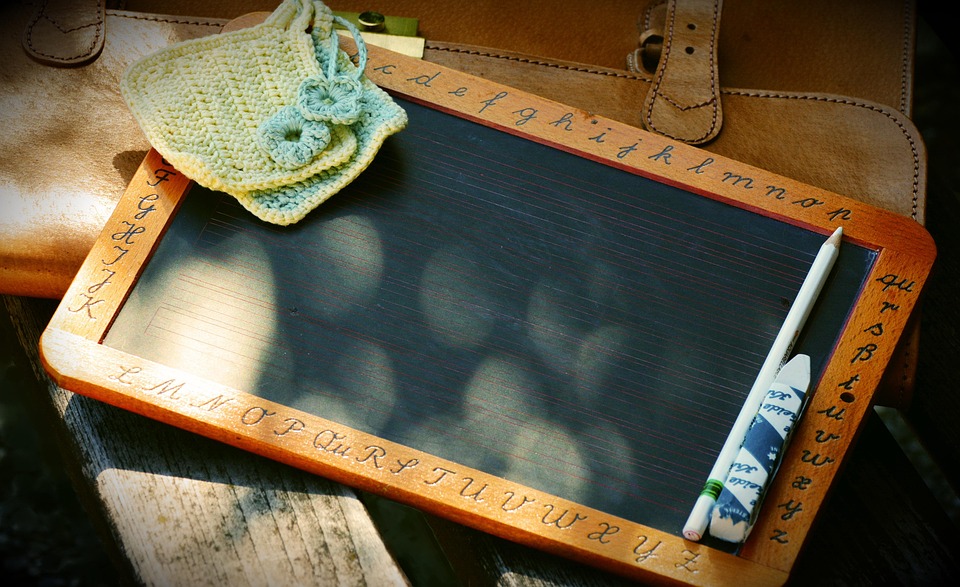Getting stopped by the police can be stressful — but knowing your rights can help you stay calm and protect yourself legally.
Whether you’re driving, walking, or just going about your day, police stops happen. Understanding what you can and cannot do makes all the difference.
This 2025 guide explains your rights during police stops in Tier 1 countries, common procedures, and how to handle the situation respectfully but firmly.
🚨 Why Knowing Your Rights Matters
Police have a tough job, but mistakes happen — and your rights protect you from unlawful searches, harassment, or wrongful arrest.
Being aware helps you:
-
Avoid escalating the situation
-
Protect yourself from illegal search or detention
-
Know when to comply and when to assert your rights
-
Gather evidence if your rights are violated
📋 What Is a Police Stop?
A police stop occurs when an officer temporarily detains you to ask questions or investigate.
Types of stops include:
-
Traffic stops: for speeding, broken lights, or random checks
-
Investigative stops (Terry stops): when police suspect you might be involved in a crime
-
Pedestrian stops: when walking or in public spaces
⚖️ Your Rights During a Police Stop
1. You Have the Right to Remain Silent
-
You don’t have to answer questions beyond identifying yourself (varies by country).
-
Politely say: “I’m exercising my right to remain silent.”
-
Avoid volunteering extra information.
2. You Can Ask If You Are Free to Leave
-
In many places, you can ask: “Am I free to go?”
-
If yes, calmly leave. If no, the stop is a detention, and police must have reasonable suspicion.
3. You Have the Right to Refuse a Search
-
Police usually need a warrant or your consent to search you or your property.
-
Say: “I do not consent to a search.”
-
Don’t physically resist; just calmly refuse.
4. You Can Record the Encounter
-
In most Tier 1 countries, recording police in public is legal as long as you don’t interfere.
-
Keep your phone visible but don’t argue about recording.
🛑 What Police Can and Cannot Do
Police CAN:
-
Ask your name and reason for being there
-
Detain you briefly if they have reasonable suspicion
-
Search you if you consent or if they have a warrant or probable cause
-
Arrest you with probable cause
Police CANNOT:
-
Search your belongings without consent or a warrant
-
Use excessive force
-
Detain you without reasonable suspicion
-
Demand passwords to your phone or devices (varies by country)
🧑⚖️ How to Stay Safe and Protect Your Rights
-
Stay calm and polite
-
Keep your hands visible
-
Don’t run or make sudden movements
-
Ask for the officer’s name and badge number
-
If arrested, do not resist and ask to speak to a lawyer immediately
-
Write down everything you remember as soon as possible
🌐 Country-Specific Notes
🇺🇸 United States
-
You must provide your name during a lawful stop in most states (“Stop and Identify” laws).
-
Police can search without a warrant if there’s probable cause or you consent.
-
You can legally record public interactions.
🇬🇧 United Kingdom
-
Police can stop and search with reasonable suspicion but must explain why.
-
You don’t have to answer questions but must give your name and address if asked.
-
Recording is allowed but cannot interfere.
🇨🇦 Canada
-
Police need reasonable grounds to detain or search.
-
You have the right to remain silent except to identify yourself.
-
Recording police is generally allowed in public spaces.
🇦🇺 Australia
-
Police can detain with reasonable suspicion and require identification.
-
You can refuse searches without warrant or consent.
-
Recording is allowed but must not interfere.
🚩 Red Flags: When Your Rights Are Violated
-
Police search or detain you without reason
-
Use of force without cause
-
Denying your request for a lawyer
-
Destroying or withholding evidence
-
Racial profiling or harassment
If you experience any of these, document details, and contact a legal professional immediately.
🏁 Final Thoughts: Empower Yourself with Knowledge
Knowing your rights during a police stop isn’t just about protecting yourself — it’s about making sure justice is upheld.
Stay calm, be respectful, know your rights, and seek help if things go wrong. Your rights are your shield in difficult moments.





